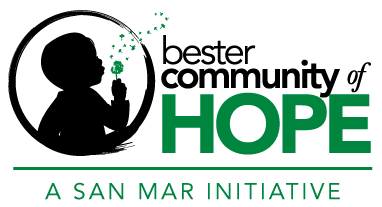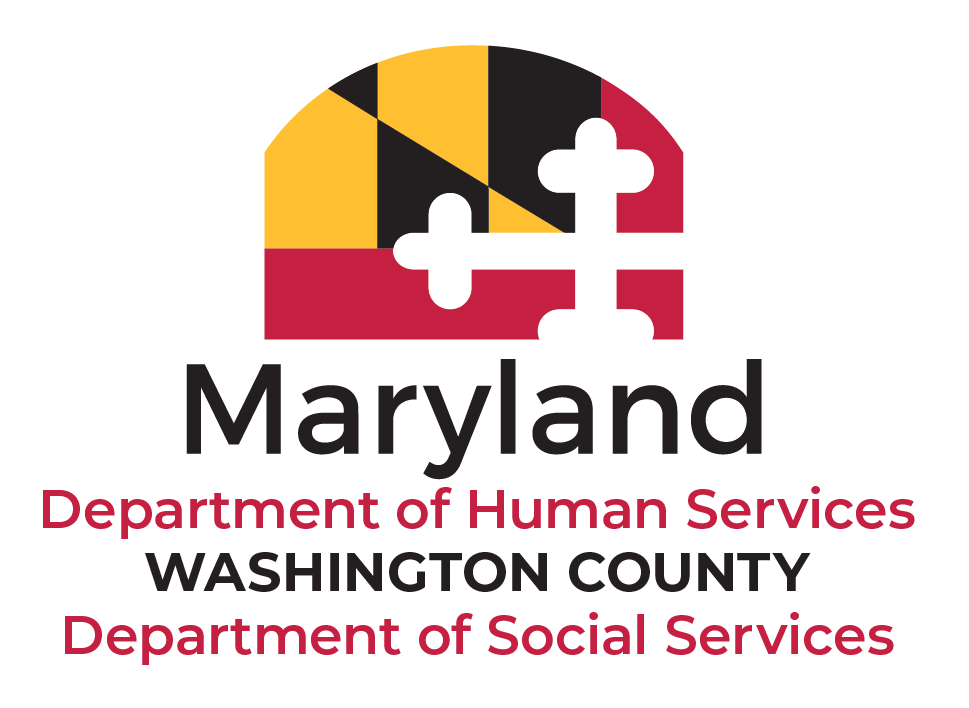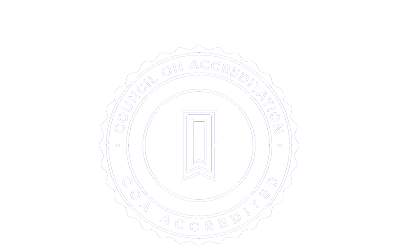Prevention Reports
Prevention as an Organizational Approach
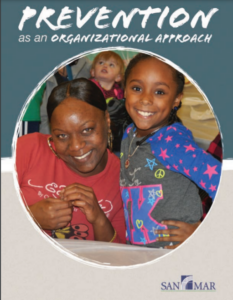 For those providing services to children and youth in out of home placements and their families, the past ten years has been a time of tremendous transition, and it’s clear now more than ever: change is here to stay. And this is not change for the worse, it is good news that these days have finally arrived where system reform of this magnitude is possible. In the past several years multiple reforms have been impacting the child welfare and juvenile services systems in Maryland that have greatly deemphasized residential services and out of home placements, and have presented a direct and deliberate challenge to the current service delivery model for children and their families. Examples of those initiatives include Place Matters, Alternative Response and the Title IV-E Waiver. Analogous to the process of deinstitutionalization that began in the 1970’s for adults with inpatient psychiatric needs; this shift in meeting the acute needs of children and their families reignites the important question of how to close the gap in the current structure of community opportunities where families reside.
For those providing services to children and youth in out of home placements and their families, the past ten years has been a time of tremendous transition, and it’s clear now more than ever: change is here to stay. And this is not change for the worse, it is good news that these days have finally arrived where system reform of this magnitude is possible. In the past several years multiple reforms have been impacting the child welfare and juvenile services systems in Maryland that have greatly deemphasized residential services and out of home placements, and have presented a direct and deliberate challenge to the current service delivery model for children and their families. Examples of those initiatives include Place Matters, Alternative Response and the Title IV-E Waiver. Analogous to the process of deinstitutionalization that began in the 1970’s for adults with inpatient psychiatric needs; this shift in meeting the acute needs of children and their families reignites the important question of how to close the gap in the current structure of community opportunities where families reside.
Ultimately, how effective can an Alternative Response be without a strong neighborhood? But for providers of human services, who have built their entire process of care on an old model, how are they to adapt to these sweeping changes and be flexible enough to position for new models of service delivery? In the changing landscape of the child and family services systems where major change is happening today, great opportunity awaits for some who have the willingness to see, the humility to listen and the courage to act.
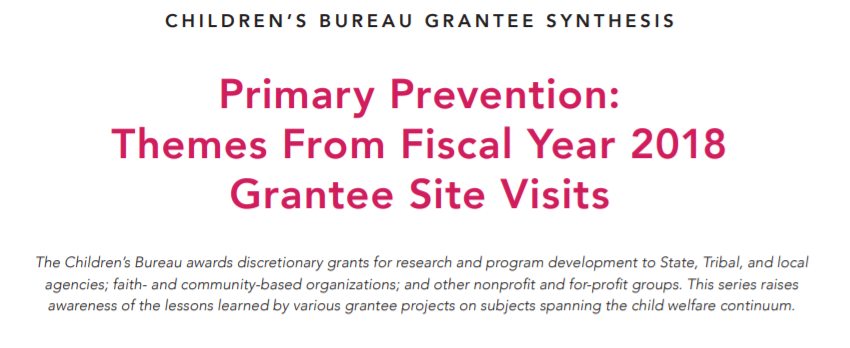 The Children’s Bureau is committed to two overarching goals. The first goal is to strengthen families and communities through primary prevention to reduce child maltreatment and the need for formal intervention by the child welfare system. The second goal is to dramatically improve the foster care experience for children, youth, and their parents when a child’s removal from home is necessary. To promote its vision to reduce the need for unnecessary family disruption, the Children’s Bureau funded four 5-year Community Collaborations to Strengthen and Preserve Families (Community Collaborations) discretionary grantees in fiscal year (FY) 2018. It funded another round of nine grantees in FY 2019. This Grantee Lessons Learned brief highlights common themes and unique examples gathered by grantees during Children’s Bureau-led site visits to other jurisdictions with promising approaches to community-based primary prevention. While this brief was written to inform the work of child welfare agencies and directors of community-based organizations, other professionals focused on improving health and well-being outcomes of families and communities may also find it valuable.
The Children’s Bureau is committed to two overarching goals. The first goal is to strengthen families and communities through primary prevention to reduce child maltreatment and the need for formal intervention by the child welfare system. The second goal is to dramatically improve the foster care experience for children, youth, and their parents when a child’s removal from home is necessary. To promote its vision to reduce the need for unnecessary family disruption, the Children’s Bureau funded four 5-year Community Collaborations to Strengthen and Preserve Families (Community Collaborations) discretionary grantees in fiscal year (FY) 2018. It funded another round of nine grantees in FY 2019. This Grantee Lessons Learned brief highlights common themes and unique examples gathered by grantees during Children’s Bureau-led site visits to other jurisdictions with promising approaches to community-based primary prevention. While this brief was written to inform the work of child welfare agencies and directors of community-based organizations, other professionals focused on improving health and well-being outcomes of families and communities may also find it valuable.
